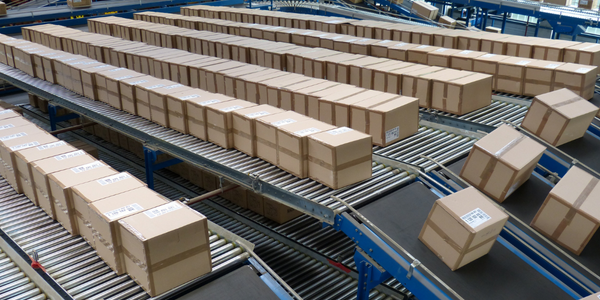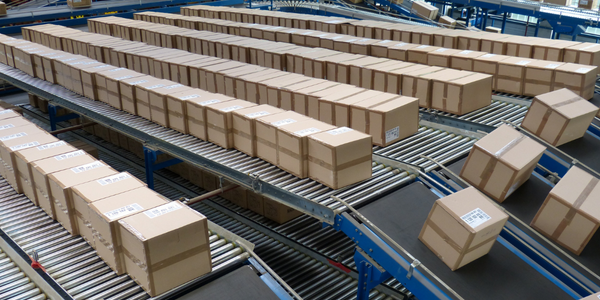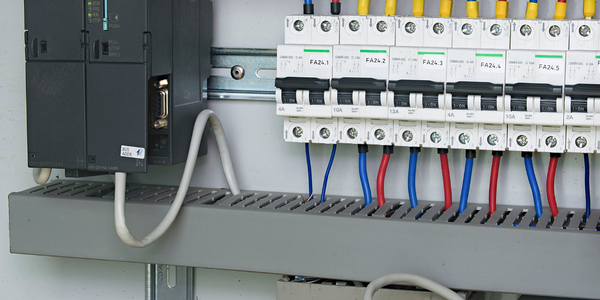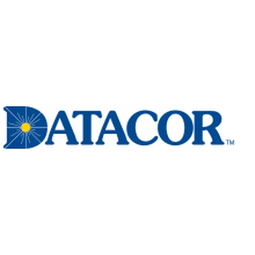Technology Category
- Networks & Connectivity - NFC
- Sensors - Chemical Sensors
Applicable Industries
- Electronics
- Packaging
Applicable Functions
- Logistics & Transportation
Use Cases
- Last Mile Delivery
- Time Sensitive Networking
About The Customer
Haviland Enterprises, Inc. is a chemical distribution company that serves the needs of companies worldwide, including those in the US, Canada, Mexico, and Brazil. Founded in 1934 as a small research and testing lab, it has grown to become one of the largest privately held chemical distribution companies in the United States. Haviland consists of two separate divisions: Haviland Products Company, which serves the industrial market with custom formulation, specialty blending, packaging, and distribution of a wide variety of chemical products; and Haviland Consumer Products, which formulates, blends, packages, and distributes more than 85 different swimming pool products for more than 75 different private label customers, serving some of the largest mass marketers of private label products.
The Challenge
Haviland Enterprises, a large chemical distribution company, was facing significant inefficiencies in its vendor payment process. The company was relying heavily on manual, paper-based processes for their payment runs, which were conducted multiple times a week across multiple locations in three states. This resulted in an ever-growing workload for the AP team. Additionally, despite many vendors expressing a preference for electronic payments, Haviland lacked the resources to securely store sensitive data. The company was in need of a solution that could automate the payment process, reduce workload, and securely handle sensitive vendor data.
The Solution
Haviland Enterprises found its solution in Datacor ePayments. The software offered a partnership with Corpay to process payments, which represented a significant time-saver for the AP team and reduced the barrier to automation. The implementation of Datacor ePayments required minimal setup and involvement from Haviland's accounting and IT staff, as most of the work was handled by Corpay and Datacor. The software not only automated the payment process, but also mitigated Haviland’s payment security risk by offering ACH payment to vendors without the need for Haviland to securely store and update their data. Furthermore, Datacor ePayments provided an indemnification policy, shifting the liability of ensuring payments reach vendors to Datacor.
Operational Impact
Quantitative Benefit

Case Study missing?
Start adding your own!
Register with your work email and create a new case study profile for your business.
Related Case Studies.

Case Study
Remote Temperature Monitoring of Perishable Goods Saves Money
RMONI was facing temperature monitoring challenges in a cold chain business. A cold chain must be established and maintained to ensure goods have been properly refrigerated during every step of the process, making temperature monitoring a critical business function. Manual registration practice can be very costly, labor intensive and prone to mistakes.

Case Study
IoT Data Analytics Case Study - Packaging Films Manufacturer
The company manufactures packaging films on made to order or configure to order basis. Every order has a different set of requirements from the product characteristics perspective and hence requires machine’s settings to be adjusted accordingly. If the film quality does not meet the required standards, the degraded quality impacts customer delivery causes customer dissatisfaction and results in lower margins. The biggest challenge was to identify the real root cause and devise a remedy for that.

Case Study
Zenon the Ideal Basis for An Ergonomic HMI
KHS develops and produces machines and equipment for filling and packaging in the drinks industry. Because drinks manufacturing, filling and packaging consist of a number of highly complex processes, the user-friendly and intuitive operation of equipment is increasingly gaining in significance. In order to design these processes as simple as possible for the user, KHS decided to introduce a uniform, transparent and standardized solution to the company. The HMI interface should meet the requirement for people with different qualifications and enable them to work on a standard platform.

Case Study
Predictive maintenance in Schneider Electric
Schneider Electric Le Vaudreuil factory in France is recognized by the World Economic Forum as one of the world’s top nine most advanced “lighthouse” sites, applying Fourth Industrial Revolution technologies at large scale. It was experiencing machine-health and unplanned downtime issues on a critical machine within their manufacturing process. They were looking for a solution that could easily leverage existing machine data feeds, be used by machine operators without requiring complex setup or extensive training, and with a fast return on investment.









